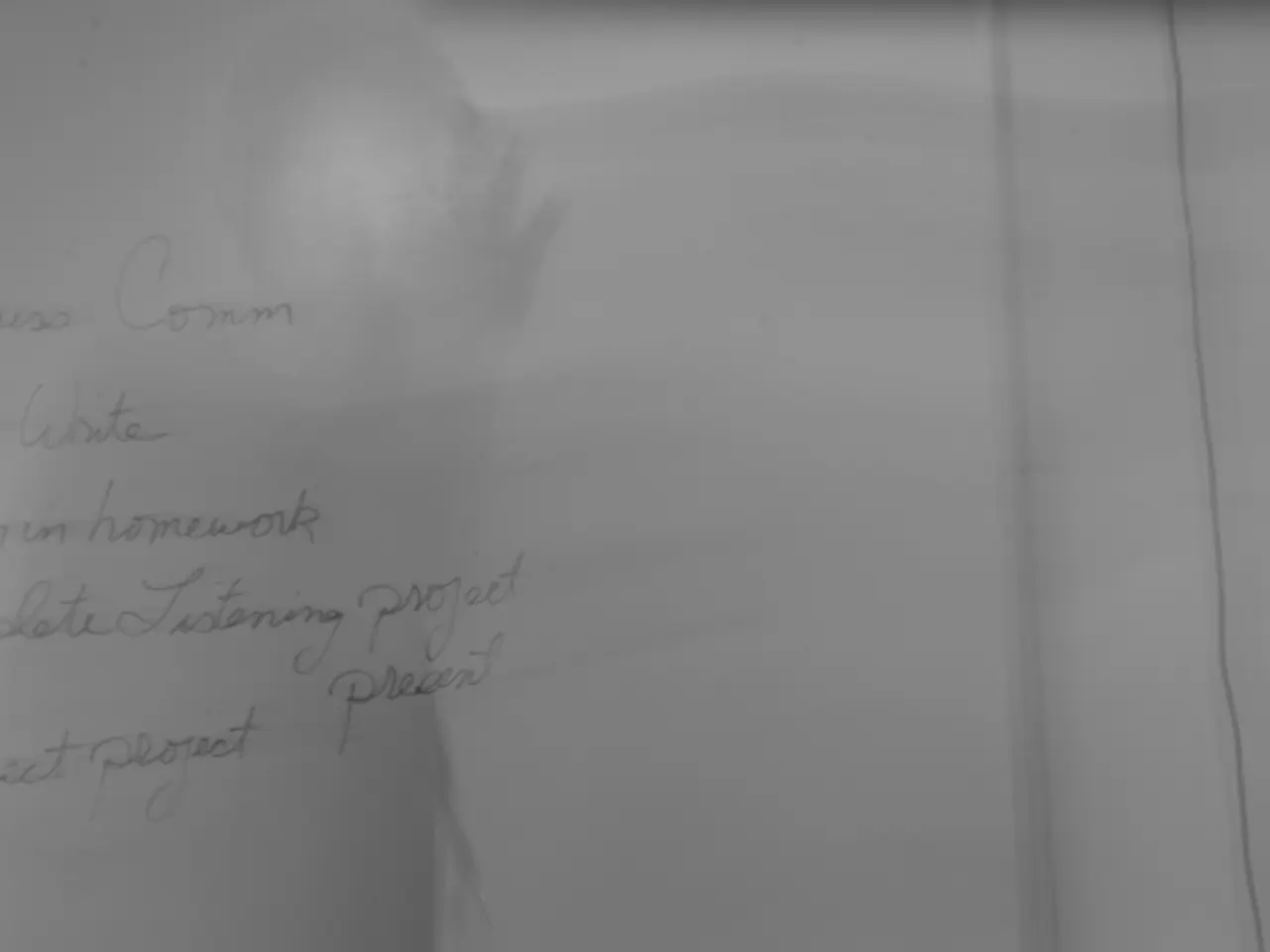Massachusetts Legal Updates: Business Litigation Section Adopts First Circuit's Position on Attorney-Client Privilege Waiver, Clears Up Work Product Doctrine Scope
In a significant development for Massachusetts litigation, the Massachusetts Superior Court Business Litigation Session, in the case of Allen v. Christensen et al. (No. 2284CV02756-BLS2), has clarified the boundaries of subject matter waiver of attorney-client privilege. The decision, handed down by Judge Debra A. Squires-Lee on July 25, 2025, offers a more balanced and fairness-based approach that aligns with the First Circuit standard.
The attorney-client privilege protects confidential communications between clients and their counsel for the purpose of obtaining legal advice. Documents prepared for an attorney in anticipation of litigation are also entitled to protection under the work product doctrine, even if not sent to counsel. However, this privilege is typically waived when otherwise privileged information is disclosed to third parties.
In the past, courts found that once a privilege holder waived privilege as to some privileged material, that waiver extended to all other materials concerning the same subject matter. This broad approach created enormous risk for clients, leading to expensive, burdensome, multi-tiered privilege screening during discovery.
In Allen v. Christensen et al., the plaintiff forwarded a limited number of emails with his lawyers regarding a dispute to members of his family. Several years later, after the plaintiff filed suit, the defendants obtained these forwarded email messages in discovery. The defendants then moved to compel all the other privileged communications on the plaintiff's privilege log, arguing that by waiving the privilege as to the specific emails he forwarded, the plaintiff had effectuated a subject matter waiver of every other communication with counsel on the same topic.
However, the Court's approach in Allen v. Christensen et al. appropriately balances the protections of the attorney-client privilege and the requirements of fairness to both parties in litigation. The Court now distinguishes between disclosures made in litigation versus extrajudicial disclosures. If a party selectively uses privileged material in litigation to advance a claim or defense, fairness permits the opposing party to discover all privileged information on that subject to fully test the assertion.
Conversely, if disclosure occurs outside of litigation (extrajudicially), there is no prejudice to the opposing party, so a subject matter waiver is not warranted. This decision imposes important safeguards to avoid the overly broad and burdensome waiver that previously discouraged strategic disclosure or caused costly privilege review during discovery.
In summary, Allen v. Christensen narrows subject matter waiver in Massachusetts by requiring a fairness inquiry: subject matter waiver applies only when the privileged communication is used to support a claim or defense in litigation, otherwise the waiver should be limited or denied to prevent undue prejudice. This approach aligns with more permissive federal standards and provides clearer guidance for handling privileged communications in Massachusetts litigation.
The decision in Allen v. Christensen et al. reinforces that extrajudicial disclosure of privileged information does not constitute an implied waiver of privileged communications on the subject matter unless the party thereafter puts the privileged information at issue or attempts to use it to his benefit in the litigation. This decision marks a significant step towards a more balanced approach to the application of the attorney-client privilege and work product doctrine in Massachusetts courts.
In light of the decision made in Allen v. Christensen et al., there might be a potential impact on the financial aspects of business litigation. The revised approach to subject matter waiver could potentially reduce the costs associated with extensive privilege review during the discovery phase, making litigation more affordable for businesses.
Moreover, the distinction between in-litigation and extrajudicial disclosures could lead to a more streamlined process within business operations, as it could encourage businesses to disclose privileged information extrajudicially without fear of waiving the attorney-client privilege on the entire subject matter. This could, in turn, foster a more open and collaborative business environment.




